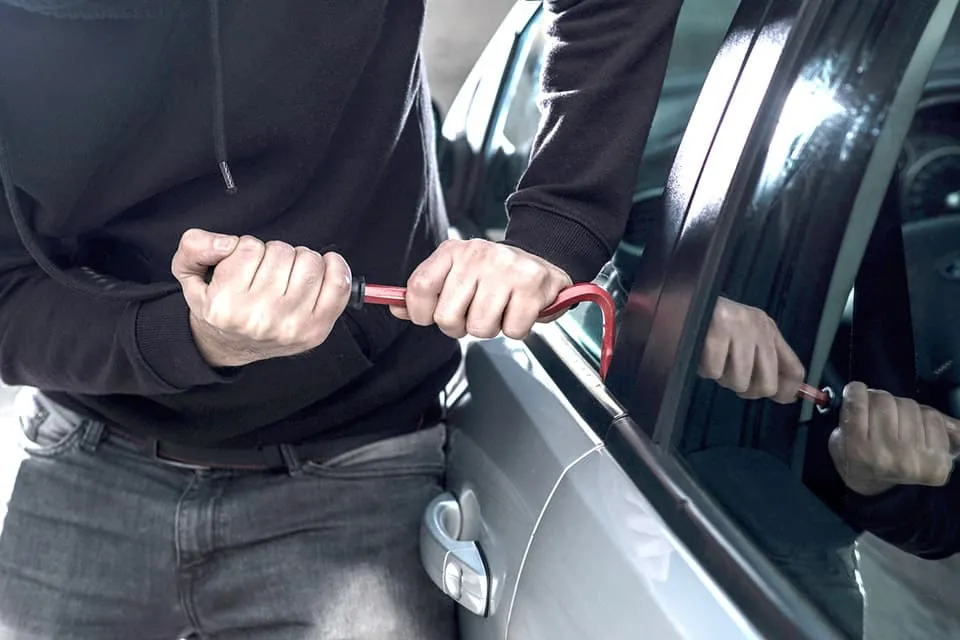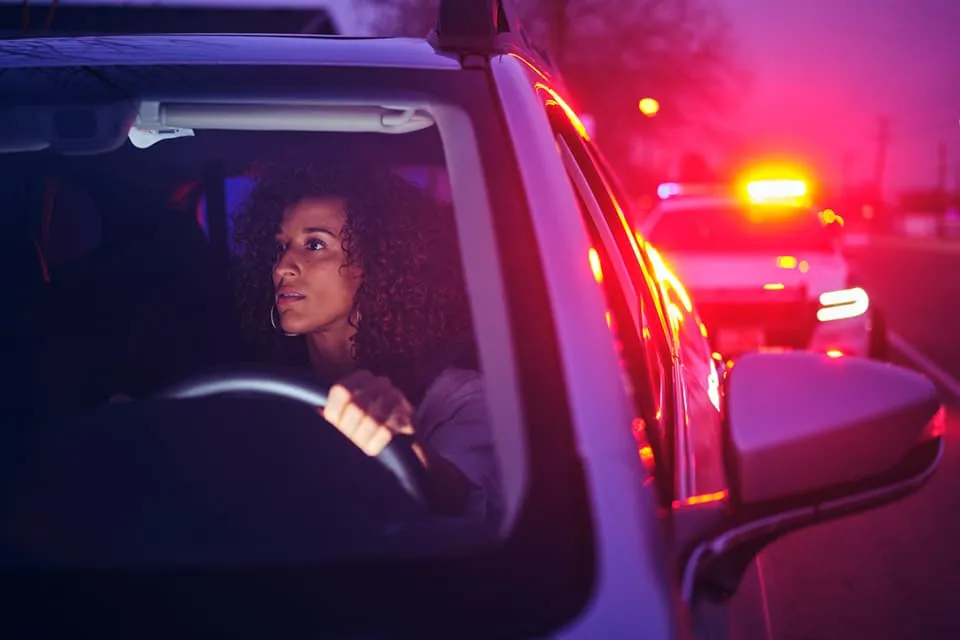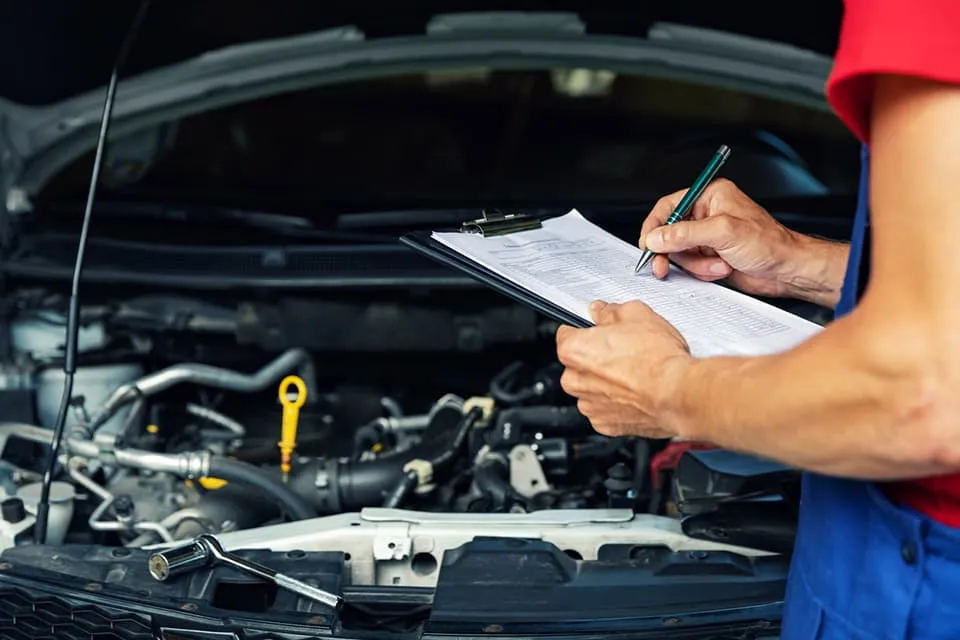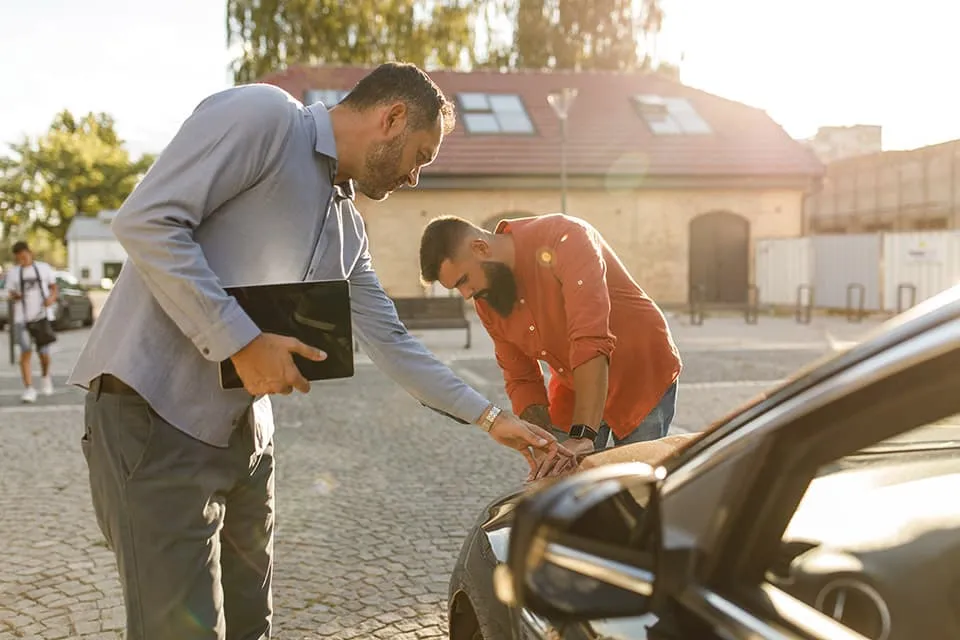How to Check If a Car Is Stolen

Most people wouldn't buy a stolen car on purpose, yet it's something that happens all the time. Purchasing a vehicle is often an exciting experience. However, several scenarios can make it a complete nightmare.
With the complicated nature of car shopping and the used car buying process, it usually pays to do your research to ensure you don't buy a stolen car. A stolen car usually comes with a host of issues both for the vehicle itself and the prospective buyer.
Why Shouold You Check If a Car Is Stolen?
More than 800,000 vehicles are stolen every year. The victims who buy these cars lose an average of $9,100. You check if a car is stolen for the simple reason that it'll give you the peace of mind that you aren't buying someone else's rightful property. If you purchase a stolen car, the police can confiscate the vehicle.
The police will return the car to its rightful owner or the insurer. What's more, no one will owe you any compensation. This will leave you without a vehicle and also several thousand dollars short.
It's almost impossible to tell if a vehicle is stolen by looking at it. For example, it may be impeccably clean inside and outside like any other car, but you can only discover information about the vehicle with a comprehensive car data check.
Most stolen car checks are free, but these usually don't yield too much information about a car. For a small fee, you can get a detailed vehicle history check which provides a wealth of helpful information.
Usually, a vehicle history check will also include information as to whether there's outstanding loans on the car, whether it's been in an accident or if it's been scrapped, clocked, stolen, and much more.
A stolen car check is well worth the small fee. The information it provides can help you negotiate a better deal and spot any red flags so you can walk away from any dodgy deals.
What Happens If You Buy a Stolen Car
Most of the time, the responsibility of checking if a car is stolen falls on the purchaser. Some of the scenarios in which you can buy a stolen car follows:
- The car was stolen a long time ago, and the culprit offered it for sale, but the owner reports it as stolen.
- The seller gives the car a new identity. This usually ranges from changing the plates, forging a registration card, or issuing another VIN.
- The culprit recently stole the car and offered it for sale before the rightful owner discovered it was stolen. This usually happens when the thief knows the owner is away.
Unwittingly purchasing a stolen car can result in several issues for you as the buyer. Here are some of the risks involved in buying a stolen car:
You May be Arrested
If you try to register a stolen vehicle, you may face arrest. Most car thieves will sell a stolen car without a title. Trying to recover a lost title of a stolen car at the DMV will likely get you arrested.
Law enforcement is unlikely to ask for your side of the tale until you're at the station. You could face significant jail time and a lengthy court struggle.
Law Enforcement May Pull You Over

Whenever police officers pull you over, they can run your license plates. If the police officer runs then finds out the car is stolen or unregistered, you'll be in jail within no time.
Alternatively, if the car lacks license plates, the officer may request your documents. Because you don't have a title, you'll have to present a Bill of Sale. You can find the VIN on this document, and if the officer runs the VIN and it turns up stolen, you'll have yourself a one-way ticket to jail.
Your Car May be Confiscated
If law enforcement realizes the car was stolen, they will most likely confiscate it. This means that you may end up losing both the vehicle and the money you paid for it. Conducting a stolen car check would save you all that trouble.
You May Have To Pay Legal Fees If You Take the Seller to Court
The only way you can get your money back is to find and sue the seller. The downside is that this can be highly time-consuming, and you may end up being unable to track down whoever sold the car to you in the first place.
How to Check If a Vehicle Is Stolen
The good news is that there's a way for you to check if a car is stolen before you purchase it. These include:
Perform a VIN Check
The VIN is the key to uncovering a vehicle's history. Before you buy a used car, you need to ensure that the seller's VIN matches that on the car. If it doesn't, you're probably buying a stolen car.
Performing a VIN check usually provides information about:
- Past and current owners
- Accident history
- Maintenance records
- Theft reports
You can find the VIN in the following places:
- Lower left corner of the dashboard in front of the steering wheel
- Underneath the spare tire
- In the back wheel, directly above the tire
- The front of the engine block
You should also inspect for signs of VIN manipulation. If you can't find the number or it seems tampered with, this could indicate the seller stole the car and is trying to cover his tracks.
Once you get the vehicle's VIN, you can conduct a free VIN check on the National Crime Insurance Bureau's website or use Goodcar's vehicle history report tool. This will let you know if the VIN is associated with a stolen car in their database. If the vehicle is stolen, report it to the NCIB or law enforcement.
Review the Service Records
When buying a used car, the seller should give you access to the vehicle's service records. The records should match the VIN on the vehicle. If the seller refuses to provide you with the service records or claims they don't have them, beware. You might be buying a stolen car!
Luckily, you can use GoodCar to run a full-service report on the car's history. This report will provide information about the vehicle's title history, if it has a stolen flag attached to it, or it was recovered from a recent theft, along with the car's make, model, or color . If it differs from the car's features, the seller may have duplicated the VIN.
Perform a Title Search
You can conduct a title search by contacting your state's Department of Motor Vehicles (DMV) and providing the car's VIN. To save time, you can also use GoodCar's search tool to find title records.
The report will tell you:
- Any reported accidents
- Total losses or salvages
- The vehicle's current owner
The DMV charges a fee to conduct a title search, so you should contact them ahead of time to check the price and payment methods. Remember to make sure that the seller's information matches the information on the title. If there's a discrepancy, the chances are that the car was stolen.
Have a Mechanic Inspect the Vehicle

Most mechanics have an eye for red flags and recognize any you may miss, like tampering with the odometer or VIN.
So, you should get your mechanic involved when buying a used car, and they'll let you know if there's anything that may indicate the vehicle was stolen. Furthermore, a mechanic will assess the car's overall condition, so you aren't buying a clunker.
Demand To See the Logbook
A vehicle's logbook is one of the easiest ways for you to verify if a car you're about to buy is stolen. It contains essential information that could prove to be helpful, such as:
- The name and address of the registered owner
- The date it was first registered
- The number of previous owners of record
- The car's engine number
- The car's VIN
- The car's make, color, and model
Tips To Avoid Buying a Stolen Car
Further tips that can help you avoid buying a stolen car follow below:
- Be careful of online and newspaper car ads. Although many legitimate sales happen this way, most stolen cars are also advertised on these channels. It's advisable to buy from a reputable dealer or someone you know personally.
- Demand a bill of sale. This document usually includes the car's make and model, VIN, yours and the seller's name and address, the purchase price, and signatures. This proves you bought the car. If the seller doesn't provide this to you, walk away.
- If the deal is too good to be true, chances are something is amiss. Sellers who offer you a low price that seems like a bargain without providing a reason for doing so are likely out to scam you.
- Don't buy a car that doesn't come with the logbook.
- If you identify strange seller behavior, it's best to avoid the deal. Strange behavior includes refusing to let you inspect the car, wanting to meet in an undisclosed location, and refusing to verify the VIN before the sale.
When Buying a Used Car

When buying a used car, a deep dive into the vehicle can yield lots of useful information to save you headaches later. The information you could find may include:
- Registration certificate - This is a crucial document that confirms the legality of the vehicle and its ownership. You should ensure that the certificate isn't a duplicate.
- The required repair costs - Most of the time, buying a used car means it isn't in perfect working condition. It might require repairs. You or your mechanic should inspect the vehicle for any needed fixes. You'll discover the possible costs and factor them into your budget. This will ensure you don't have a massive repair bill after purchase.
- Insurance write-offs - If a car has been in an accident and written off, it can't legally be put back on the road without the appropriate fixes and accompanying paperwork. So, if the car seller doesn't provide you with the proper documentation, steer clear.
- Outstanding finance checks - These will tell you if the person selling the car is its true and rightful owner. If the owner has any outstanding finance checks, avoid buying the car because it may be repossessed.
- Loan NOC - You should know if the owner bought the car on loan. It confirms that the vehicle buyer has paid all loan dues and that the financier has no claim on the vehicle.
FREE Vehicle Search
- Accidents
- Problem Checks
- Title Records
- Recalls
- Values
- Specs
-
InfoPay, Inc. (dba GoodCar) is an Approved NMVTIS Data Provider
-
-






























